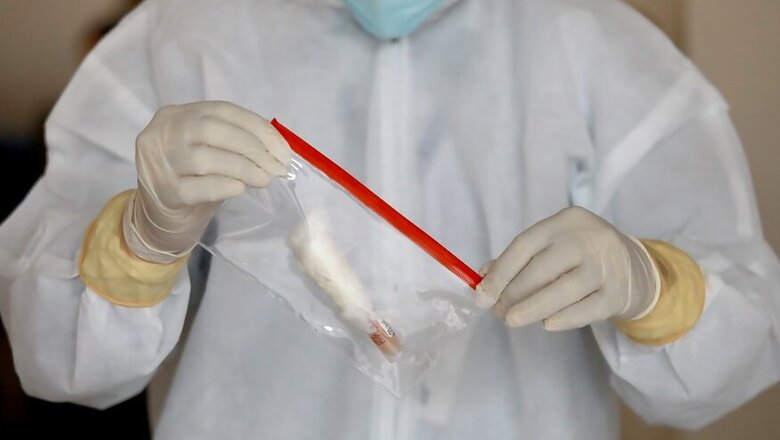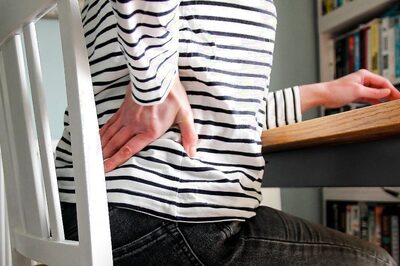
views
Countries such as South Korea, Australia, Vietnam and Israel have successfully managed to flatten the curve, control the number of fatalities and are now looking to open up their economies.
In a special panel discussion on CNN-News18, ambassadors of the four nations shared their strategies and techniques to battling the global pandemic.
South Korea Ambassador, Shin Bongkil
"Korea has been successful in containing Covid-19 with our robust healthcare system. We are allowing easy access to everyone for medical care. South Korea has most recently witnessed the Mers outbreak in 2015. We learned enough from this experience. After this experience, we have spent time in preparing for the next outbreak. For example, the government has established active consultations between the government, medical experts and private firms to produce medical supplies when needed. Additionally, the Korean government has amended the rules and regulations for allowing of extensive tracing while maintaining individual privacy and for rapid approval of test kits. I think that is why we were very much prepared for this kind of a pandemic."
Australia High Commissioner to India, Barry O'Farrel
"Unlike South Korea, we certainly weren't prepared for it. Like other countries, we've struggled to come to grips with this pandemic but I think we share some of the learning to India, which is early, quick, decisive action to battle the disease. Prioritise the advice of medical experts and other professionals in the measures that were implemented. Using our democratic system to persuade our citizens to put up with transformational measures like social distancing, restrictions on gatherings and movement which have been flattening the curve. So, I think in democracies governments have a role in investing the support of their citizens. Combine that with border control, testing, tracing, isolating those at risk has assisted in saving lives. The challenge now is to rekindle our economy to provide livelihoods."
Israel Ambassador Ron Malka
"What Israel basically did was from the beginning we took strict measures because we realised that until a develop a vaccine or a medicine we have to do as much we can in terms of prevention, to prevent people from getting infected, to slow down and even to flatten the infection curve. We were the first country to stop incoming flights from other infected countries. We are one of the first countries to implement lockdown. Only the most essential parts of the economy could work but everyone else has to remain at home. And then we harnessed all our technology, our entrepreneurs to find solutions. 3D printing, UV lights that prevented the infection, special fabrics, hand washing systems and machines in different sizes helped us very much. Basically, we started an educational campaign to enrich our citizens to what they can do to prevent themselves from being infected."
Vietnam Ambassador Pham Sanh Chau
"Today is the 19th day that we do not have any confirmed new cases and in total we have only 271 cases over the past three and a half months. Out of the 271 cases, 232 patients have fully recovered. So, at the moment we have zero deaths. No casualty at all. The recovery is at 85 per cent. We believe that Vietnam is still an under developed country. We believe that coronavirus is an enemy and we are preparing for a war against it. We believe that prevention is much better than cure. So we focus on prevention. We also believe that safety of the people is much more important than economic gain. We have come up come with three measures. One, early recognition of the issue, we had issued guidelines in December itself, when we heard about the situation in China. In January, we already had the first case and we gave advisory about flights coming from China. In February, we closed all schools and all the activities in order to get ready for the worst scenario and also when we had the first case which is on the 23rd of January we tried to isolate the patients and we tried to trace not only the primary contact but also the secondary contact. We quarantined the whole commune very early."




















Comments
0 comment